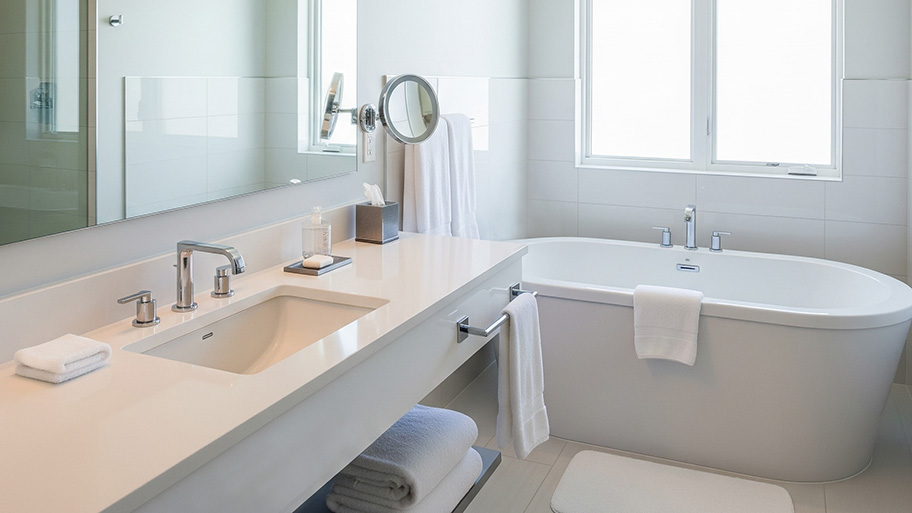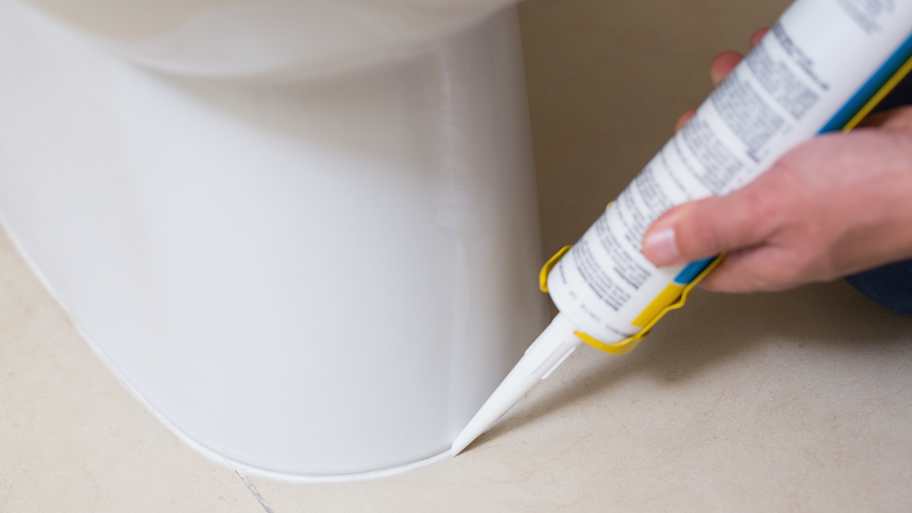Indoor Solutions Inc
Indoor Solutions Inc
Indoor Solutions Inc. is Columbus, Georgia's number one HVAC installation and service specialist.
Indoor Solutions Inc. is Columbus, Georgia's number one HVAC installation and service specialist.

 4.7
4.7  22
22 On May 11, 2020 Mr. Stephen Wesson came to my home to service my Viking refrigerator. He ordered a compressor and a board. I paid him $2,500.00 in cash for the parts. He returned about a week later and was here about 20 minutes. I was outside while he was working. When I came in, he was...
I called Ron to help me with a leaking water heater. Unfortunately he is not licensed to practice in Shelby County and that is where I live. However..he told me how much a new water heater should cost, labor and all and what kind to ask for. I sure wish he could have come here.
This was a great experience. Mr. Larry Brooks and AlaTech Home Inspection Service was the only inspector I could find to service my area. He had to drive around 3 hours to my location but he was happy to do so. It only cost $350 for a full inspection and it was well worth it. He inspected...
Indoor Solutions Inc. is Columbus, Georgia's number one HVAC installation and service specialist.
Indoor Solutions Inc. is Columbus, Georgia's number one HVAC installation and service specialist.
To buy heating oil for your house, contact local heating oil companies to compare prices and place an order once you decide on a supplier. The company will have to deliver your heating oil in a truck designed to carry and dispense heating oil safely. Call and order your heating oil early enough to have your oil delivered before you need to start using it for home heating.
On average, you’ll need about two gallons of oil per day to heat your house when it’s 50 degrees Fahrenheit outside. Most oil tank capacity is about 275 gallons, and heating your house with two gallons of oil per day will last about four and a half months. This consumption will vary depending on the climate and average temperature in your location. For example, if the winters are longer and colder where you live, you’ll probably need to refill your oil tank at least once to get through the winter.
You save money on heating oil in a few ways:
Make sure your home is well insulated and sealed against drafts and heat leakage.
Use a thermostat that’s working properly and calibrated accurately.
Increase energy efficiency by insulating your basement and attic.
Turn down your thermostat a few degrees.
Program your thermostat to lower the heat when you’re not home.
Order heating oil during the off-season when prices are likely to be lower.
Summer months tend to be when heating oil prices are lowest because of decreased demand. Buying heating oil during the off-season also prepares you for when the weather gets cold, and you need to start using the oil to heat your home. Although heating oil prices will fluctuate, it’s best to avoid purchasing between September and April, as that's the peak season for heating oil demand.
Overall, heating your home with an oil furnace tends to be less expensive than heating your home with an electric heating system. Oil heating systems stay warm for longer periods of time without drawing a constant electrical current to maintain a temperature. Plus, heating oil systems typically have a longer lifespan and lower price tag than their electrical counterparts, resulting in short- and long-term savings.
From average costs to expert advice, get all the answers you need to get your job done.

If you need to pump sewage waste uphill to reach a septic tank or street sewer, you may need a dedicated grinder pump. Follow our guide to determine how much a sewer grinder pump costs and any prices that may creep up during the install.

A leaky outdoor faucet can mean gallons of wasted water and a higher water bill. Thankfully, the cost of replacing an outdoor faucet is relatively low. Learn the true cost to replace an outdoor faucet so you can know what to expect.

This guide to toilet installation cost covers what you can expect to pay when adding a new toilet to an existing or new bathroom.

Learning about the different parts of your bathtub plumbing system is useful when you need to repair or replace a component. This guide has all of the parts covered.

Understanding the difference between plumber's putty and silicone will help you choose the right one for the job—read on to find out more.

Why is sewage coming up in your shower? Learn how to identify the underlying issue, what to do about it, and when to call a pro.